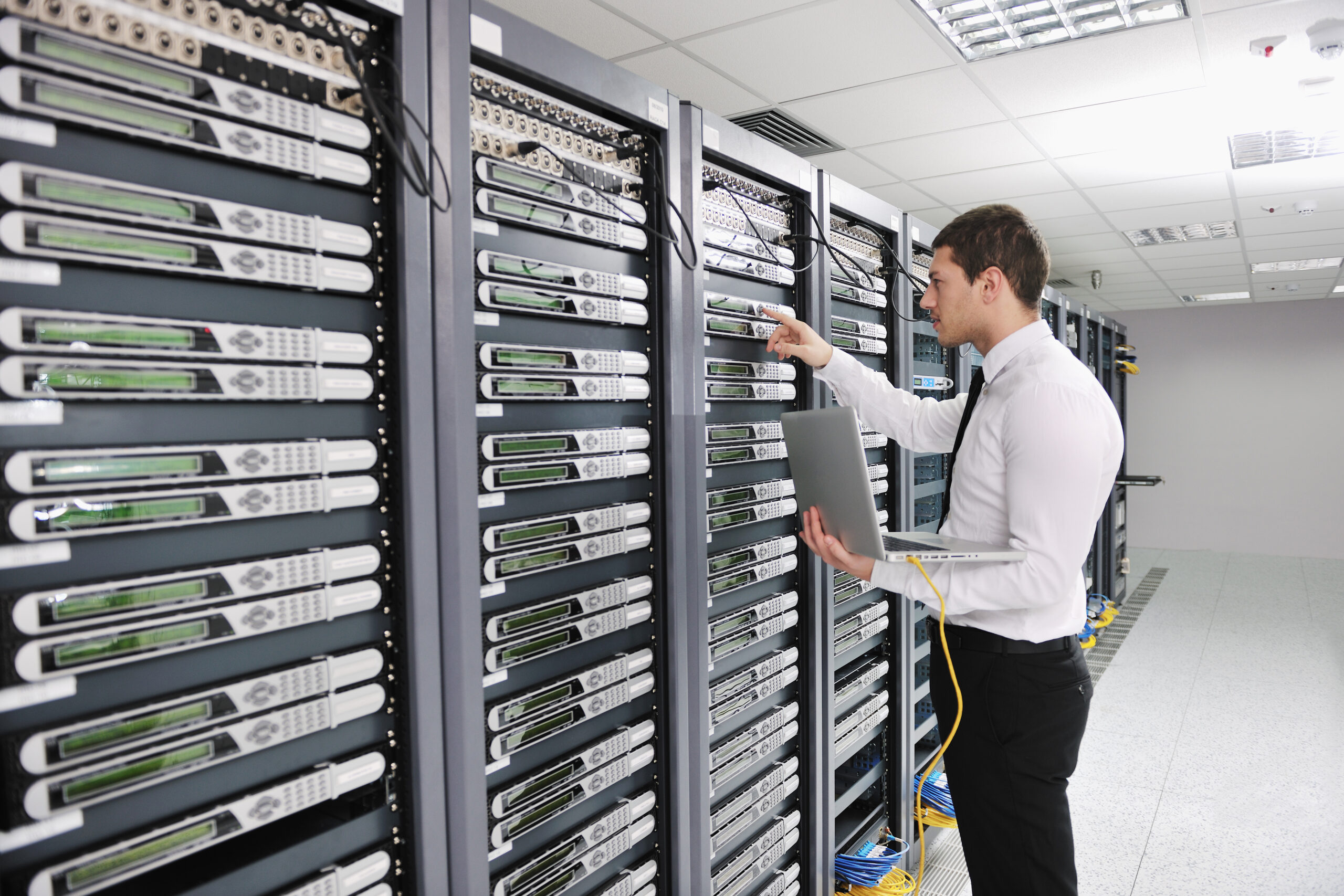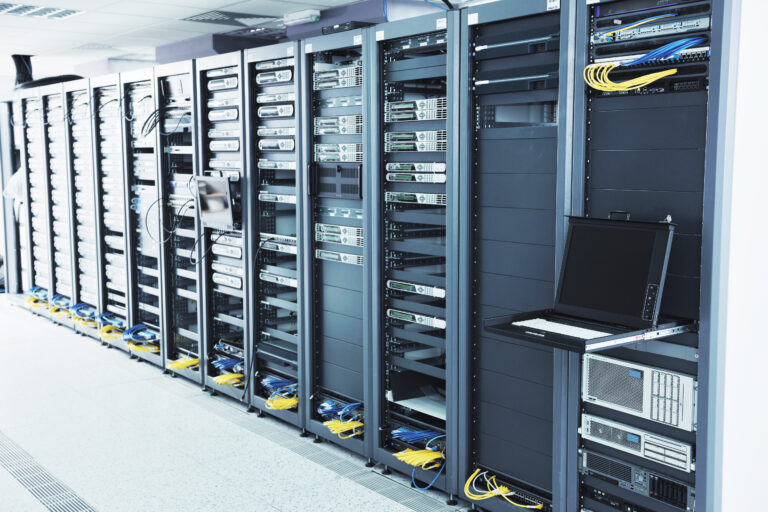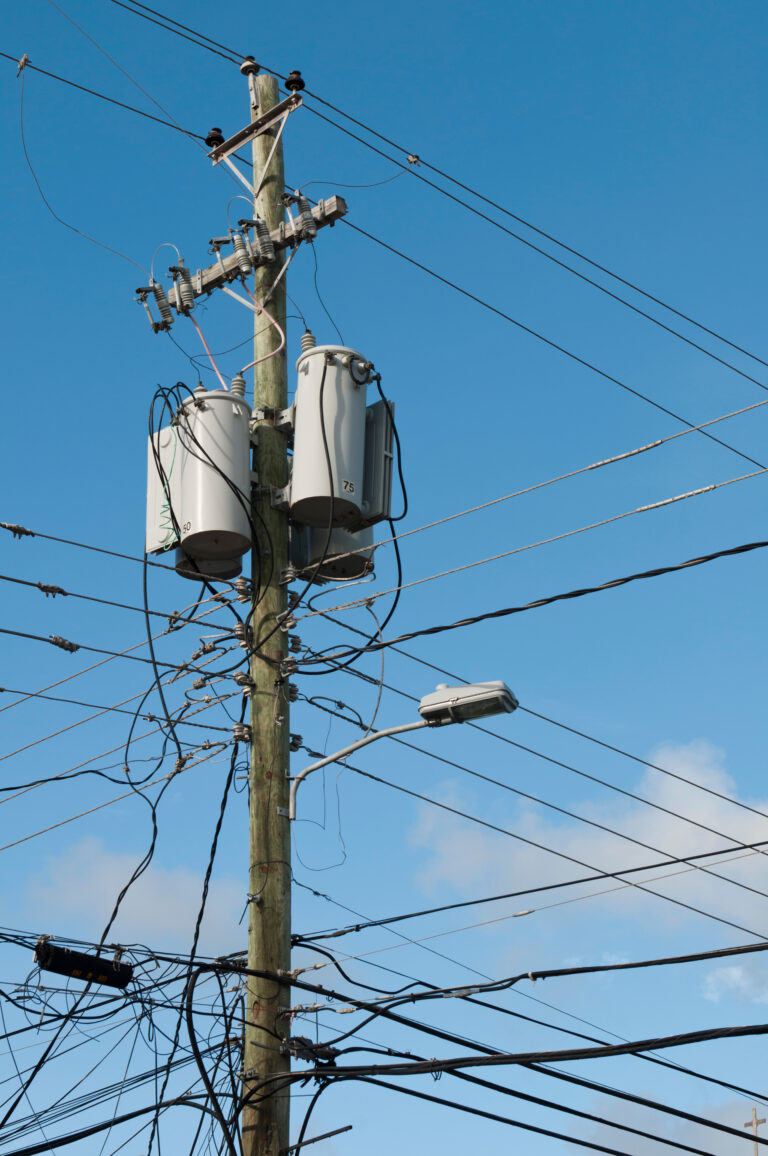Colocation: The Key to Successful Remote Work Environments
Remote work has become increasingly popular in recent years, with more and more companies offering their employees the option of working from home or other remote locations. While this can be beneficial for both employers and employees alike, it also presents a number of challenges that must be addressed if productivity is going to remain high. One solution to these challenges is colocation data centers.
Introduction to Remote Work and Colocation
A colocation data center is essentially a third-party facility where businesses can store their servers and other IT equipment. By doing so, they are able to access all of the benefits of having their own onsite data center without actually having to build one themselves. This can save time, money, and resources while still providing the necessary infrastructure needed to support remote workers.

The Benefits of Colocation for Remote Work Environments
There are many reasons why businesses might choose to use a colocation data center when implementing remote work environments. Some of the most significant advantages include:
1. Improved reliability – Colocation providers typically have multiple backups in place to ensure that downtime is kept to an absolute minimum. This means that your employees will always be able to access the tools and resources they need to do their jobs effectively.
2. Increased security – Data breaches and cyber attacks are becoming increasingly common, which makes it essential for businesses to take steps to protect their sensitive information. A good colocation provider will offer advanced security measures such as firewalls, encryption, and physical security protocols to keep your data safe.
3. Reduced costs – Building and maintaining an onsite data center can be incredibly expensive. By using a colocation provider instead, you’re able to avoid many of these upfront expenses while still getting access to state-of-the-art facilities and technology.
4. Scalability – As your business grows, you may find yourself needing additional server space or bandwidth. With a colocation provider, you’ll be able to easily scale up or down depending on your needs at any given moment.
How to Choose the Right Colocation Provider for Your Business
Choosing the right colocation provider is critical to ensuring that your remote work environment runs smoothly. Here are some key factors to consider when selecting a provider:
1. Location – You want to make sure that the colocation provider you choose is located close enough to your main office that you can visit them quickly if there’s ever a problem.
2. Security – Look for a provider who offers robust security features like biometric authentication, video surveillance, and multi-factor authentication.
3. Uptime guarantees – Make sure that the provider you choose offers strong uptime guarantees (usually expressed as a percentage) to ensure that your systems are available whenever you need them.
4. Bandwidth capacity – If you anticipate heavy traffic or large file transfers, look for a provider with ample bandwidth capacity to handle those demands.
5. Customer service – Finally, pay attention to the quality of customer service provided by each potential provider. You want someone who is responsive, knowledgeable, and willing to go above and beyond to help resolve issues.
Security Considerations When Using Colocation Data Centers
While colocation data centers provide numerous benefits for remote work environments, they also come with certain risks that must be carefully managed. One of the biggest concerns is security, particularly around the storage and transmission of sensitive data. To mitigate these risks, here are some best practices to follow:
1. Use encryption – Encrypting your data before transmitting it over public networks helps prevent unauthorized access and interception.
2. Limit access – Only authorize personnel should have access to the colocation data center. Ensure that everyone who does have access undergoes thorough background checks and training.
3. Monitor activity logs – Keep track of all activity within the data center and review logs regularly to detect any suspicious behavior.
4. Regular auditing – Conduct regular audits of the colocation provider’s security policies and procedures to identify areas for improvement.
Conclusion: The Future of Remote Work and Colocation
As remote work continues to grow in popularity, the demand for colocation data centers is likely to increase as well. These facilities offer a cost-effective way for businesses to support remote work environments while still ensuring reliable connectivity, scalability, and security. As technology advances, we can expect to see even greater innovation in this area, making it easier than ever for businesses to leverage the benefits of remote work without sacrificing performance or security.



